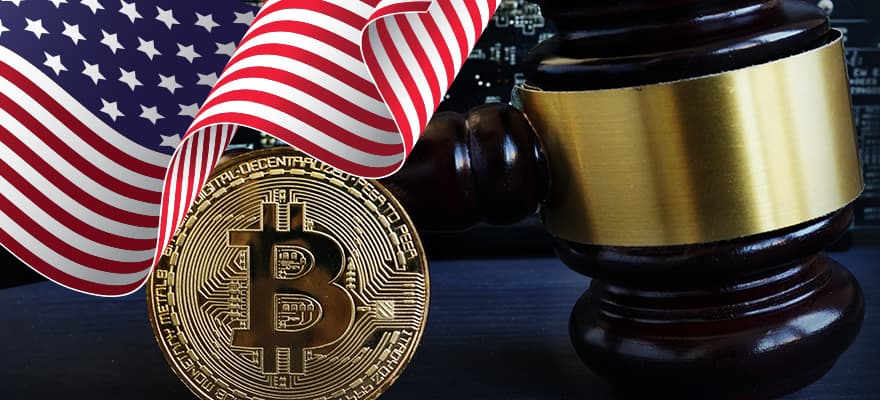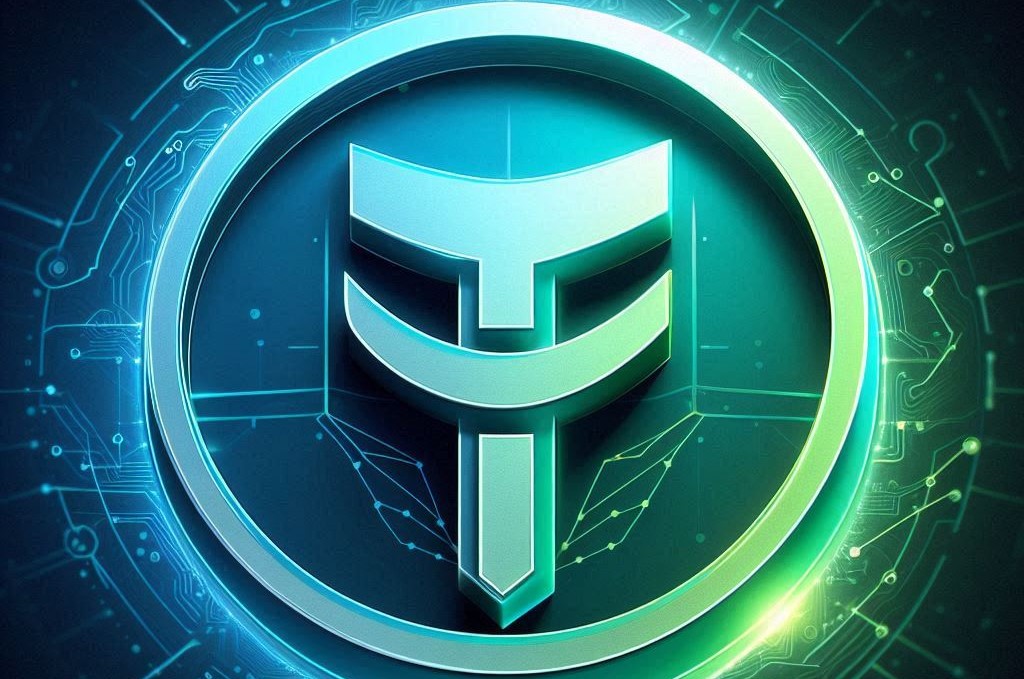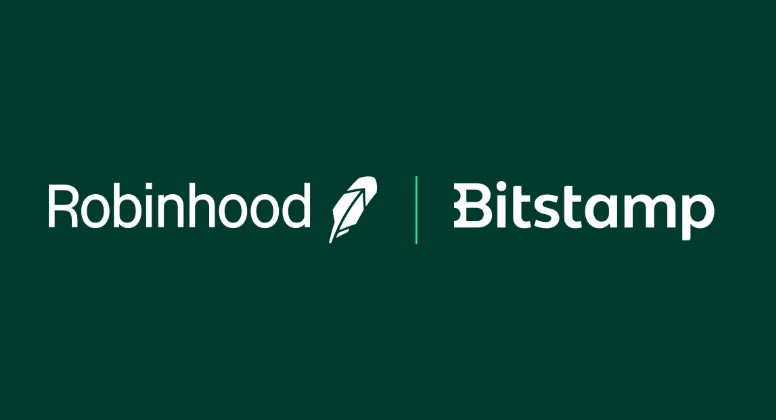Section 423 of the Intelligence Authorization Act may restrict DeFi protocols and stablecoins for facilitating illegal activities in crypto transactions.
A bill added to the Senate schedule this week contains several clauses that might affect tokens and protocols for digital assets. Despite not prohibiting digital asset protocols outright, its broad reach may enable it to be exploited by US government agencies with anti-crypto policies.
According to information from Senator Warner’s office, the Intelligence Authorization Act for Fiscal Year 2025 (IAA) was unanimously approved by the Senate Select Committee on Intelligence in May by a vote of 17 to 0. S. 4443 is a bill that strengthens legislative oversight of the US Intelligence Community (IC), grants legal authority, and approves money.
Section 423 of the bill gives the Secretary of the Treasury the authority to enforce sanctions that forbid transactions between any individual in the United States and a “foreign digital asset transaction facilitator.” This facilitator must have facilitated significant transactions with foreign terrorist organizations, globally designated terrorist organizations, or other entities that are subject to sanctions. Any foreign individual or organization that “controls, operates, or makes available a digital asset protocol or similar facility, or otherwise materially assists in the purchase, sale, exchange, custody, or other transaction involving an exchange or transfer of value using digital assets” falls under the broad definition of “foreign digital asset transaction facilitator.”
While this does not amount to a complete prohibition, if it is found that specific protocols—like Aave, Uniswap, or stablecoins like USDT—knowingly assisted illegal transactions with sanctioned entities, they may be classified as sanctioned “foreign digital asset transaction facilitators.” This may make it more difficult for Americans to do business with them. The measure does not, however, completely outlaw these protocols or tokens because sanctioned organizations might access them. It would have to be established that they willingly enabled illegal transactions.
“FOREIGN DIGITAL ASSET TRANSACTION FACILITATOR.—The term “foreign digital asset transaction facilitator” means any foreign person or group of foreign persons that, as determined by the Secretary, controls, operates, or makes available a digital asset protocol or similar facility, or otherwise materially assists in the purchase, sale, exchange, custody, or other transaction involving an exchange or transfer of value using digital assets.”
When requests have been made to freeze tokens for entities sanctioned by the US, Tether has regularly cooperated. However, US institutions have consistently attacked it for supposedly permitting this behavior; earlier this year, rival Circle heightened the rhetoric in front of Congress. In 2022, Aave, Uniswap, and other companies prohibited wallets that communicated with TornadoCash to adhere to US sanctions. However, in the worst-case scenario, this new regulation might target the cryptocurrency business if the Treasury determines that past interactions were “materially assisting” sanctioned entities.
The Intelligence Authorization Act for Fiscal Year 2025 is expected to pass in some form, given the significance of the law and its historical background. However, specific provisions—especially those pertaining to digital assets and protocols—may change during the legislative process. It will be necessary to monitor the bill’s development and any revisions to see how it will ultimately affect decentralized coins and open-source protocols.
According to Senator Warner’s office, the bill has passed a significant obstacle after receiving a favorable report from the Select Committee on Intelligence. It has been scheduled for future discussion in the Senate. This suggests that the legislative process is moving in the right direction and with solid support.
The measure does not imply an outright prohibition on significant DeFi protocols or stablecoins; its ultimate goal is to improve monitoring and possible sanctions surrounding digital assets. If it is discovered that they have enabled illegal transactions with sanctioned companies, their operations may be restricted, requiring rigorous adherence to regulations and equitable treatment from regulatory bodies.



